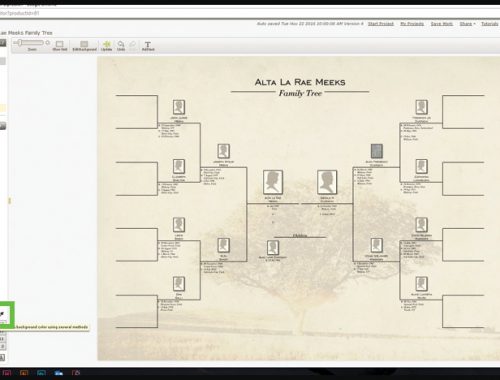“Descendants” refers to anyone who has a specific person as an ancestor. This is regardless of the physical distance or the number of generations between the two. But this can cover more than blood, and there’s an important distinction to make between direct and indirect descendants.
Direct Descendants
A direct descendant can trace his or her lineage back, from child to parent, to a specific ancestor. This is called lineal descent in legal terms, and refers to a blood relative in that direct line. Biologically, this also counts when an ancestor is technically your great-great-etc. uncle or aunt, since you’ll share the same mutual ancestor in his or her parent.
However, that doesn’t quite count when you’re trying to claim that you are descended from them. Claiming a historical figure as an aunt or uncle still gives you the joy of saying that you’re related to them, but you won’t be a direct descendant.
Indirect Descendants
Indirect descendants must link their ancestry to a desired person through marriage or through cousins, however. This won’t count for special historical or heritage societies. Legally, this is called a collateral descendant, and refers to nieces, nephews, and cousins.
The distinction matters because many of us care more about our direct ancestors. This gets us the prestige of joining societies like the Mayflower Society, or just the bragging rights of saying “My ancestor fought in the American Revolution!” Of course, it also matters legally, as shown above, since in legal terms you could inherit something from a (more recent) ancestor.
We hope this has helped some of you on your family history journey! Let us know the cool stories about your direct or indirect ancestors! We would love to hear from you.




